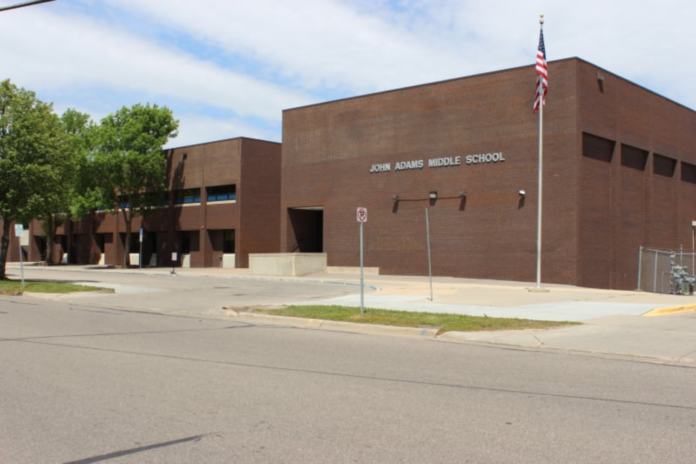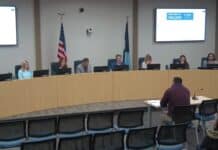
Rochester Public Schools (RPS) is facing a notable increase in disruptive and violent student behavior following the return of fully in-person learning.
Parents have recently expressed concerns with school and district officials about the behavior, which has become a significant enough problem to warrant a response from the Rochester Public School Board.
During a meeting last Tuesday, interim superintendent Dr. Kent Pekel said he is working with the principals of RPS middle and high schools to implement a strategy that addresses the behavior both “immediately and over time.”
Unruly student behavior has taken the forms of fighting and blatant disobedience of adult direction. In one instance, a fight between students at John Adams Middle School led to a “medical situation” that required paramedic assistance, the Post Bulletin reported.
One parent, Julia Mayer, told the school board at last Tuesday’s meeting that violence has “completely” overtaken the John Adams schoolyard.
“Girls being dragged by their hair. Punched in the face. Kicked in the gut. Garbage cans are being thrown down the stairwell at children. We have videos of all this […] these are 11-, 12-, and 13-year-old children,” she said.
Other instances across Rochester Public Schools include student fighting, running in hallways, swearing at teachers and staff, vandalizing bathrooms, and even “randomly entering classrooms and displaying intimidating and bullying behaviors,” according to a Rochester Education Association letter obtained by the Post Bulletin.
The latter behavior stems from students who are on school grounds but refuse to go to class, the letter adds.
Interim superintendent Pekel told the board that his strategy to combat unruly behavior involves multiple components, including uniform strategies to respond to the behavior, understanding the “experiences” of misbehaving students, and hiring more “equity specialists.”
Although suspension remains a viable option, Pekel said it should be used sparingly, that is, only when “positive dialogue” with disruptive students and their parents has failed to solve the problem.
Pekel also spoke about the importance of “restorative practices.”
“We know it will not be effective if we respond to this situation only with consequences,” he said. “We need to also respond with ‘supports.'”
The issue, however, is not just limited to Rochester Public Schools. It is evidently a Minnesota state problem and a national problem, according to Pekel. Earlier this year, in fact, Republican lawmakers in the Minnesota House and Senate introduced bills to address it, but neither of them have made any progress.










